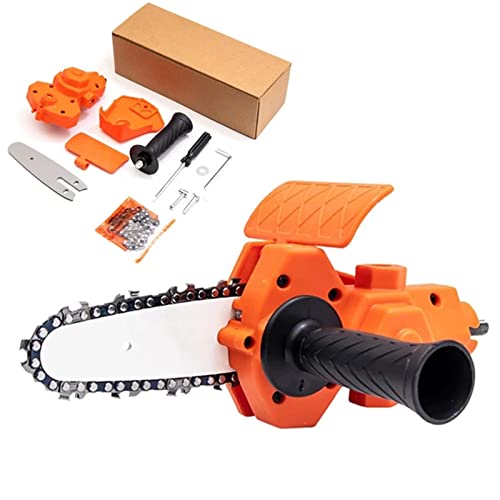treeman82
Addicted to ArboristSite
What is a good drill and bit combination to use when drilling trees to test for rot? My father has a battery powered Makita which I have tried before in conjunction with a 3/8"? bit. I felt it didn't have anywhere near enough power because it didn't last very long at all. What would you say is a good battery powered drill and what is a good size bit to use?
























































